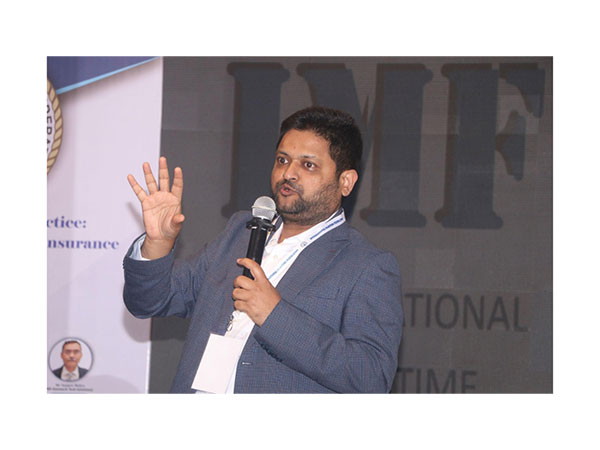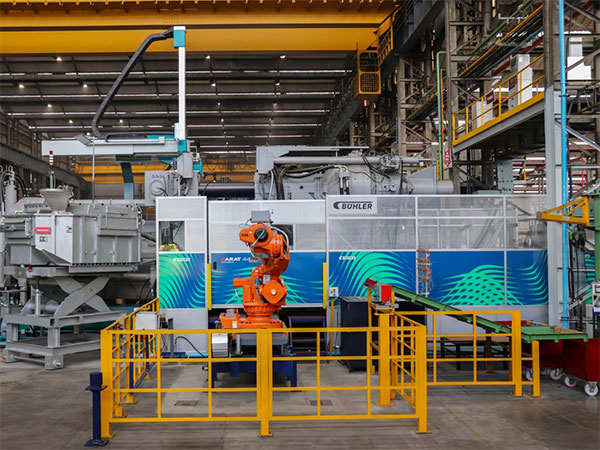Water quality sensors deployed on Australia's Great Barrier Reef
Sep 13, 2023
Canberra [Australia], September 13: Researchers from Australia's national science agency have installed specialized sensors on the iconic Great Barrier Reef to monitor water quality.
The team from the AquaWatch Australia Mission at the Commonwealth Scientific and Industrial Research Organization (CSIRO) is aiming to create a world-leading weather service for water quality using the sensors and satellite data.
Alex Held, the CSIRO's AquaWatch Mission Lead, said in a media release on Wednesday that the project could help support the management of the reef - the largest coral reef system in the world and one of Australia's top tourist attractions.
The specialized sensors, which were installed in the southern part of the reef, will monitor the flow of sediment and dissolved organic carbon from rivers and bays into the reef.
Modeling and artificial intelligence (AI) will be applied to the combined data to predict sediment flows and identify areas where interventions can be made.
Held said that too much sediment can block sunlight from reaching the seafloor, impeding the growth of marine plant life.
"This then impacts the food availability for biodiversity in the area, including the reef's colourful array of marine wildlife," he said in the media release.
"We will also be able to identify higher levels of chlorophyll in the water, which can be indicative of a potentially harmful algal bloom."
"Harmful algal blooms can be devastating for marine ecosystems when they produce toxins that can cause health problems and even kill fish."
The United Nations Educational, Scientific and Cultural Organization (UNESCO) in August recommended against listing the world heritage-listed Great Barrier Reef as "in danger", but warned it remains under "serious threat" from the impacts of climate change.
A separate government-commissioned report published by the Australian Academy of Science (AAS) in August found that the reef could be irreversibly damaged by 2050 as a result of global warming.
Source: Xinhua








